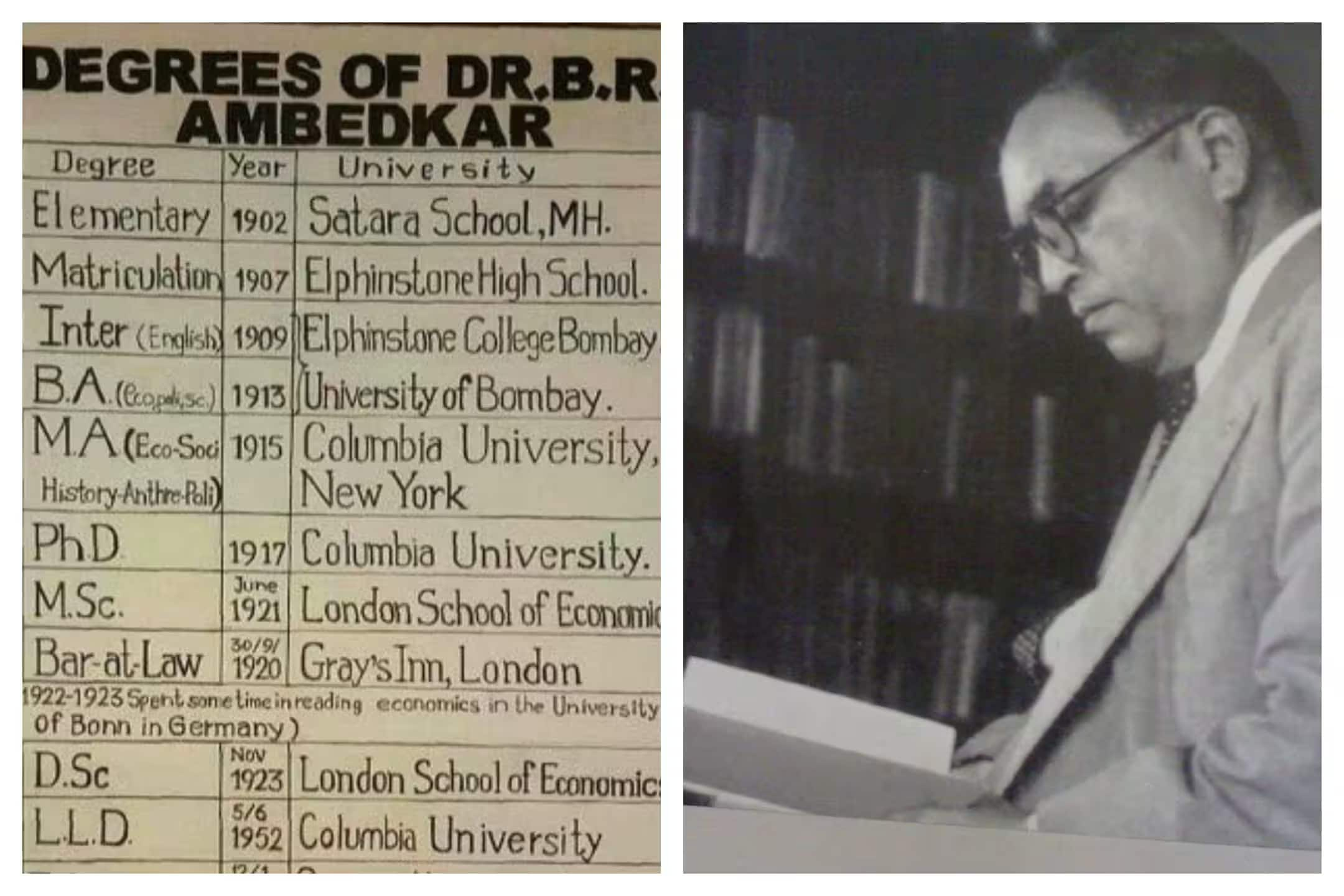
A recent unclassified war game conducted by the Centre for Strategic and International Studies (CSIS) and the Massachusetts Institute of Technology (MIT) has revealed that increasing US nuclear capabilities would not deter China from employing atomic weapons in a conflict over Taiwan, Taipei Times reported. The findings, published in a report on Friday, challenge current calls among policy experts to expand and modernise the US nuclear arsenal in response to China's growing military strength. The table top exercise, described as the first large-scale unclassified simulation of a potential nuclear war over Taiwan, explored scenarios where nuclear weapons might be used.
According to the report, the US's nuclear capabilities, beyond ongoing modernisation efforts, had minimal impact on Beijing's willingness to deploy nuclear arms. Instead, the exercise highlighted the conditions under which either side might face pressure to resort to nuclear strikes, rather than the likelihood of such weapons being used. The CSIS study pointed to a recurring pattern where Chinese forces faced the greatest pressure to use nuclear weapons when defeat appeared imminent.

"Building on US concerns, this suggests that China could be moving away from its no-first-use policy during critical conflicts," the report noted. Researchers concluded that while favourable outcomes were possible in some scenarios, "complete victory was unachievable" when nuclear weapons were involved, reported Taipei Times. Finance Financial Literacy i.
e Lets Crack the Billionaire Code By - CA Rahul Gupta, CA with 10+ years of experience and Accounting Educator View Program Artificial Intelligence(AI) ChatGPT Mastery from Zero to Hero: The Complete AI Course By - Metla Sudha Sekhar, IT Specialist and Developer View Program Artificial Intelligence(AI) Tabnine AI Masterclass: Optimize Your Coding Efficiency By - Metla Sudha Sekhar, IT Specialist and Developer View Program Web Development Intermediate Java Mastery: Method, Collections, and Beyond By - Metla Sudha Sekhar, IT Specialist and Developer View Program Office Productivity Advanced Excel Course - Financial Calculations & Excel Made Easy By - Anirudh Saraf, Founder- Saraf A & Associates, Chartered Accountant View Program Strategy ESG and Business Sustainability Strategy By - Vipul Arora, Partner, ESG & Climate Solutions at Sattva Consulting Author I Speaker I Thought Leader View Program Web Development Advanced C++ Mastery: OOPs and Template Techniques By - Metla Sudha Sekhar, IT Specialist and Developer View Program Astrology Vastu Shastra Course By - Sachenkumar Rai, Vastu Shashtri View Program Finance Financial Literacy for Non-Finance Executives By - CA Raja, Chartered Accountant | Financial Management Educator | Former AVP - Credit, SBI View Program Artificial Intelligence(AI) Generative AI for Dynamic Java Web Applications with ChatGPT By - Metla Sudha Sekhar, IT Specialist and Developer View Program Marketing Future of Marketing & Branding Masterclass By - Dr. David Aaker, Professor Emeritus at the Haas School of Business, UC Berkeley, Author | Speaker | Thought Leader | Branding Consultant View Program Data Analysis Learn Power BI with Microsoft Fabric: Complete Course By - Prince Patni, Software Developer (BI, Data Science) View Program Artificial Intelligence(AI) Collaborative AI Foundations: Working Smarter with Machines By - Prince Patni, Software Developer (BI, Data Science) View Program Finance Crypto & NFT Mastery: From Basics to Advanced By - CA Raj K Agrawal, Chartered Accountant View Program Artificial Intelligence(AI) AI-Powered Python Mastery with Tabnine: Boost Your Coding Skills By - Metla Sudha Sekhar, IT Specialist and Developer View Program Leadership Business Storytelling Masterclass By - Ameen Haque, Founder of Storywallahs View Program Web Development Advanced Java Mastery: Object-Oriented Programming Techniques By - Metla Sudha Sekhar, IT Specialist and Developer View Program Data Analysis Animated Visualizations with Flourish Studio: Beginner to Pro By - Prince Patni, Software Developer (BI, Data Science) View Program Finance A2Z Of Finance: Finance Beginner Course By - elearnmarkets, Financial Education by StockEdge View Program Finance AI and Generative AI for Finance By - Hariom Tatsat, Vice President- Quantitative Analytics at Barclays View Program Entrepreneurship Marketing & Sales Strategies for Startups: From Concept to Conversion By - Dr. Anu Khanchandani, Startup Coach with more than 25 years of experience View Program Entrepreneurship Validating Your Startup Idea: Steps to Ensure Market Fit By - Dr.
Anu Khanchandani, Startup Coach with more than 25 years of experience View Program Web Development Java 21 Essentials for Beginners: Build Strong Programming Foundations By - Metla Sudha Sekhar, IT Specialist and Developer View Program Artificial Intelligence(AI) Basics of Generative AI: Unveiling Tomorrows Innovations By - Metla Sudha Sekhar, IT Specialist and Developer View Program In contrast to last year's CSIS-MIT simulation, where nuclear arms were excluded and the US secured a decisive victory, the latest war game revealed more complex and devastating results. Over 15 iterations of the exercise, Chinese forces retreated from Taiwan five times, with four of these scenarios occurring without nuclear weapons being used. "The US team was the first to use nuclear weapons in only one iteration of the war games.
In another iteration, Taiwan returned to the 'status quo' after the US hit PLA forces in Taiwan with nuclear weapons following a Chinese nuclear strike on Taiwanese forces," Taipei Times reported. Three scenarios culminated in mutual annihilation, with both the US and China engaging in a nuclear exchange that decimated cities and resulted in millions of casualties. In five iterations, China managed to gain a foothold in Taiwan following the use of nuclear weapons, and one exercise concluded without a decisive outcome, Taipei Times reported.
The study urged Washington to consider diplomatic strategies to prevent nuclear escalation in a Taiwan conflict . Drawing parallels to the Cuban missile crisis, CSIS senior adviser Mark Cancian, who co-authored the report, said, "The US withdrew nuclear missiles from Turkey during the Cuban missile crisis to allow Soviet Russia an off-ramp at relatively little cost." He emphasised the need for pre-emptive discussions with allies to identify potential concessions for China.
"Our concern is that time will not be available when nuclear weapons are used," Cancian added. Eric Heginbotham, a co-author and MIT researcher, noted that the simulation did not align with recommendations to expand the US tactical nuclear arsenal or develop new delivery systems. "The one US team that employed tactical nuclear weapons used fewer than 12 weapons, in comparison with the more than 600 weapons the US currently has," Heginbotham said.
He also emphasised that participants did not identify a need for delivery capabilities beyond those the US already possesses, while the teams representing China did not perceive any constraints in the US's ability to deploy nuclear weapons. (You can now subscribe to our Economic Times WhatsApp channel ).










-ltd-logo-1200x675.png?v=20241211120412)




